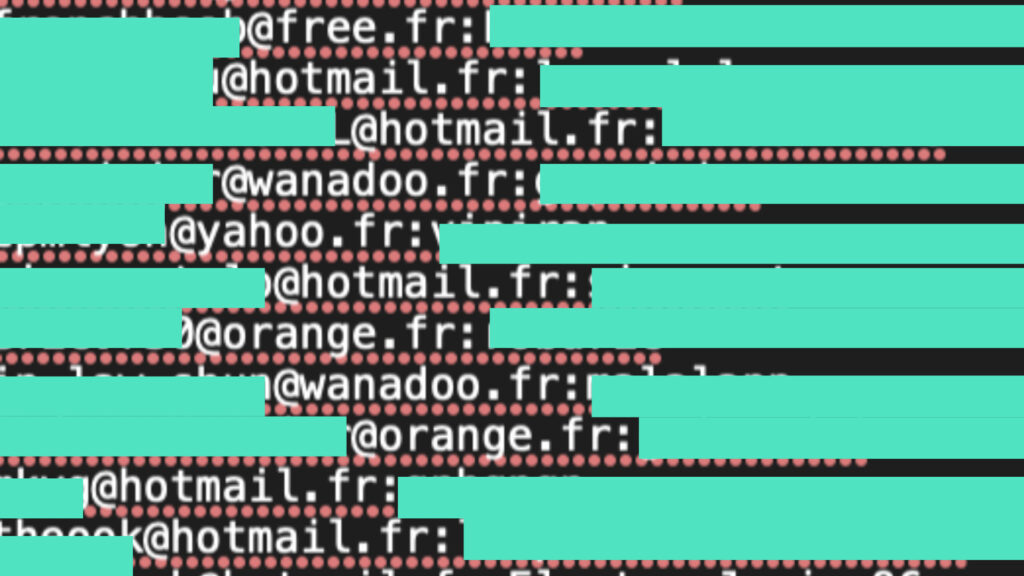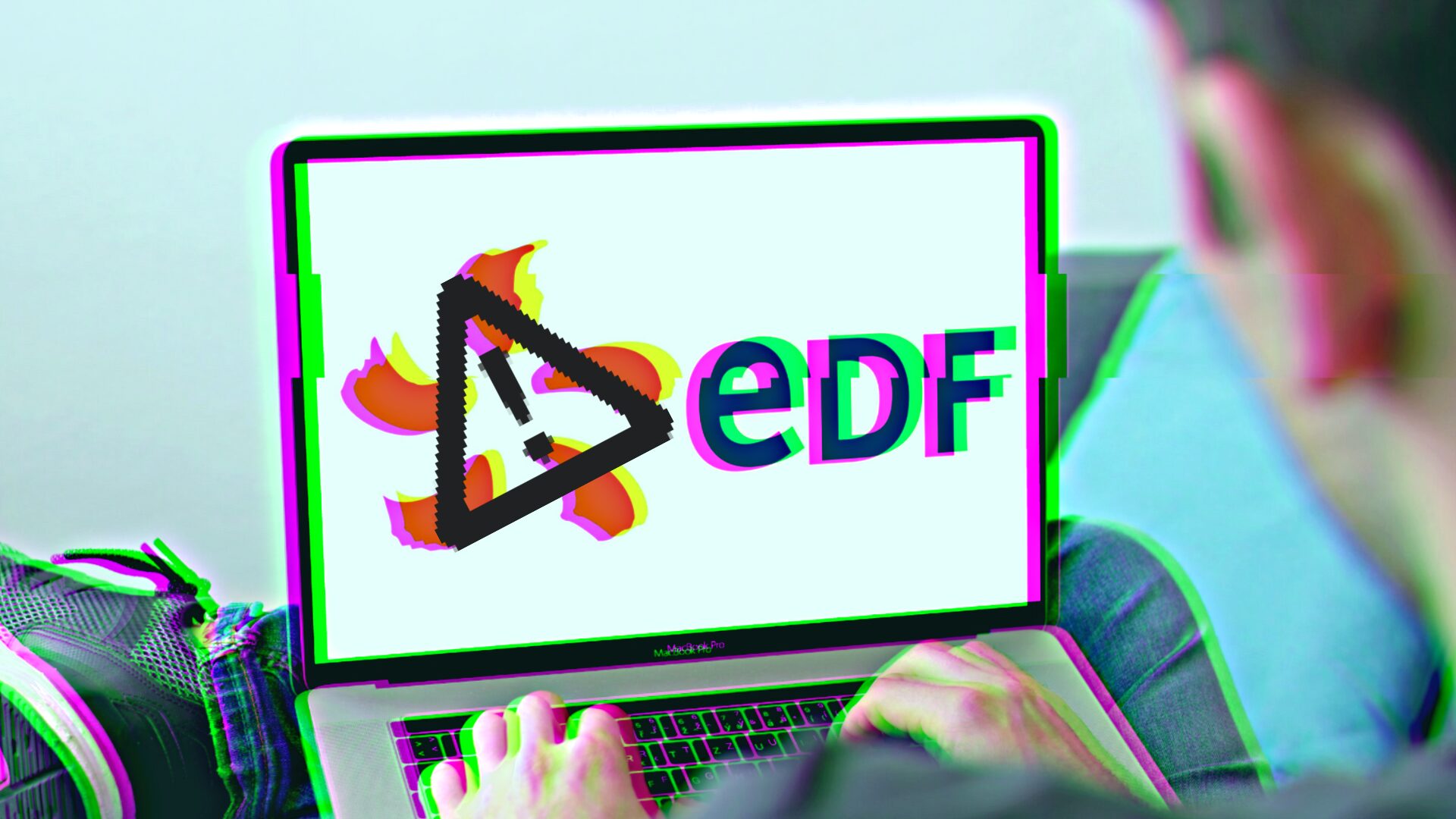After the CAF, the hackers continue their promotional campaign. EDF informed us in an email on February 19 of the hacking “ around twenty illicit connections on spaces dedicated to its professional and community customers (entreprises-collectivités.edf.fr) “.
The group’s communication specifies that: “ EDF teams are mobilized to carry out the necessary analyzes to qualify the extent of the compromise and return to a normal situation “. The group as such has not suffered from cyberattacks.
Advertisement
Customers may have noticed some disruptions on the site. “ As a precautionary measure, the website has been put under maintenance and is therefore temporarily inaccessible » specifies EDF. The persons concerned should be contacted in accordance with the rules of the CNIL. They are invited to change their password.
Personal data stolen upstream by hackers
These hacks follow another series of infiltrations into personal accounts. The CAF confirmed to us on February 13 that four family allowance recipients suffered a data breach. A group of hacktivists, militant hackers, called LulzSec had claimed responsibility for these attacks. The same collective of hackers would be behind the hacking of EDF accounts.
LulzSec was a historic hacktivist group like Anonymous. These hacktivists – militant hackers – were active in the cyber environment in the 2010s before reducing their attacks.
This is undoubtedly a new young generation that relies on an already famous name to gain media coverage. This group would have linked up with Lapsus$, another popular collective, although we cannot yet confirm that it is them.
Advertisement

Be vigilant about your data
However, we advise you – as always – to remain vigilant. Activate double authentication when possible and if you receive suspicious emails, it may be a phishing campaign. Go directly to the EDF website rather than clicking on a malicious link. You can always check if your data has been leaked from these sites.
